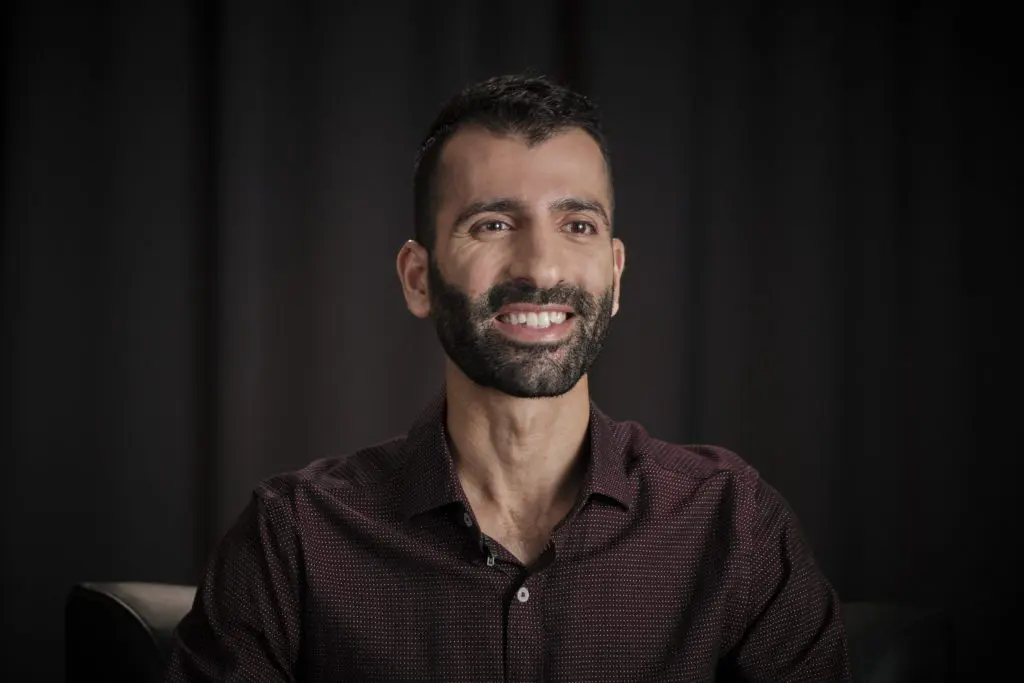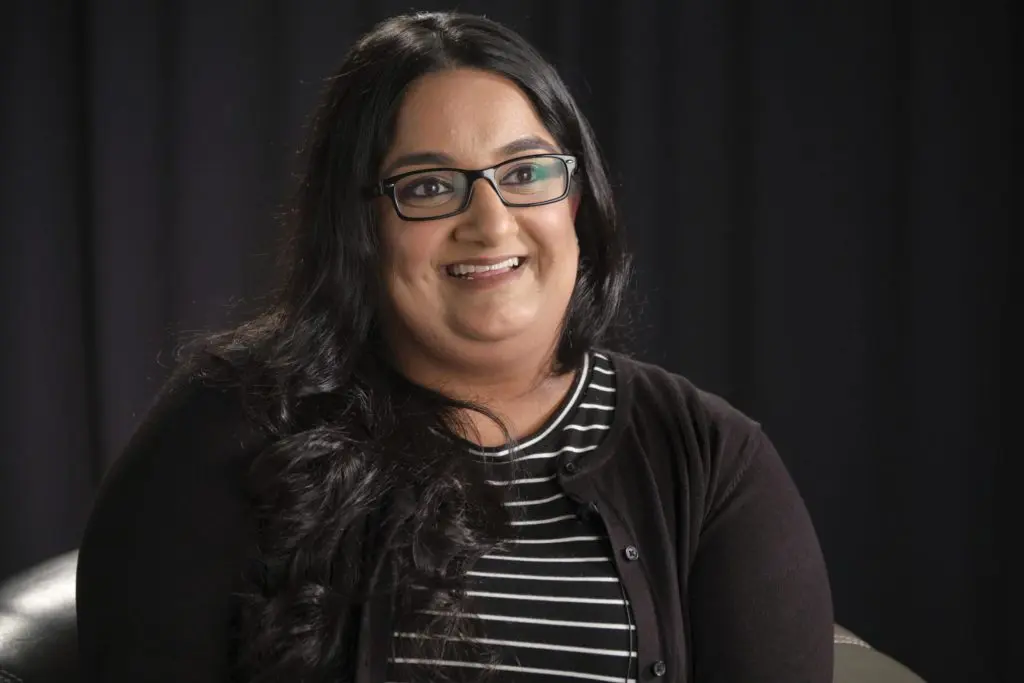Upon returning from deployment, it is estimated that approximately 20% of soldiers in North America have PTSD. However, military counselors believe that this percentage is actually much higher, because so many cases go undiagnosed.
Of the veterans suffering with PTSD, only about half seek treatment. Of those treated, half report receiving only “minimally adequate” treatment. The figures go to show that there is a high demand for healthcare workers who can help provide sufficient medical care for these individuals.
We’ll take a look at the effects that PTSD can have on the lives of veterans, some of the resources available to them today, as well as the crucial role the psychiatric nurse plays in the recovery process.
PTSD in Veterans
After experiencing the severe trauma or life-threatening events associated with combat zone deployment, many military veterans develop symptoms of post-traumatic stress disorder (PTSD).Symptoms include hypervigilance, hyperawareness, and adrenaline-quick reflexes—all impulses that help soldiers survive while fighting in a war zone.
Once back home, these symptoms can morph into a constant reliving of traumatic events, negative changes in thoughts and mood as well as nightmares, insomnia and feelings of detachment from loved ones. There is no doubt that PTSD has an intense psychiatric impact on the lives of soldiers who have returned home.
The Important Role of the Psychiatric Nurse in Recovery
Working with veterans after taking psychiatric nursing training puts you in a position where much of your time is spent in direct contact with patients. You may find employment in a number of facilities, such as:
· Veterans hospitals
· Military mental health clinics
· Veteran long term care facilities
Typically, registered psychiatric nurses (RPN) work as part of a multi-disciplinary healthcare team, which can include psychiatrists, physicians, social workers and psychologists. The role of a psychiatric nurse is incredibly important, because veterans will often meet with many specialists throughout the day, but the RPN will be with the patient the entire time.
Registered psychiatric nurses are responsible for assessing, planning, implementing and evaluating veteran patient care. Some of the duties they perform include:
· Completing health history and mental status assessments
· Administering medications and assessing their effects
· Responding to observed behavioral changes
· Implementing strategies to promote the optimal wellbeing of their patients
The Rewards of Choosing a Psychiatric Nursing Career
Not all veterans afflicted with PTSD experience the same level of symptoms, and each individual will need a different level of care.
Typically, treatment involves the application of different therapeutic techniques in one-on-one sessions with a trained counselor. Nurses have also reported tremendous benefits for veterans who attend support group discussions, where they get the chance to share their experiences, strength and hope with others in their situation.
Psychiatric nursing courses teach you how to design and implement weekly programs such as support groups, and how to facilitate them. Many RPNs report that listening to veterans share their progress in overcoming symptoms of PTSD as one of the most rewarding aspects of the job.
By earning a psychiatric nursing diploma, you will come to understand the core issues veterans are faced with living day-to-day with PTSD. One of the greatest rewards of working with veterans is providing them with a structured recovery plan that provides compassionate human interaction and lifts the stigma associated with reaching out for help.
What aspect of working with veterans fascinates you the most? Are you considering working with veterans after earning your psychiatric nursing diploma?










